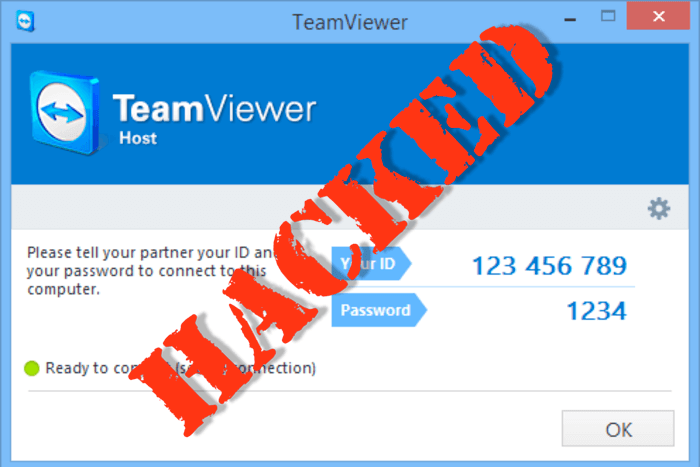Teamviewer, one of the most popular software in the world that allows users to access and share their desktops remotely, was reportedly compromised in 2016 says report.
According to report, hackers with Chinese Origin who used Winnti trojan malware launched the cyber attack as such activities have previously been found and linked to the Chinese state intelligence system.
It is not a surprise that attackers are targeting TeamViewer as it is a popular remote-support software that allows you to securely share your desktop or take full control of other’s PC over the internet and there are millions of users making use of this service
Once infected, Winnti downloads a backdoor payload on the compromised computers giving attackers the ability to remotely control the victims’ computers without their knowledge.
Seeing the hackers were not able to steal any data during the attack, TeamViewer decided not to publish a security breach notification to inform the users of the incident.
On June 1, 2016, TeamViewer issued a press release acknowledging a service outage caused by a denial-of-service attack (DoS) which targeted the TeamViewer DNS server infrastructure.
However, in their press release, TeamViewer blamed the account hacks reported by its users on “Careless use of account credentials remains to be a key problem for all internet services. This particularly includes the use of the same password across multiple user accounts with various internet services.”
TeamViewer also mentioned the possibility of some users having unintentionally downloaded and installed programs infected with malware which could have allowed attackers to “virtually do anything with that particular system – depending on how intricate the malware is, it can capture the entire system, seize or manipulate information, and so forth.”
They also confirmed that the reported breach is not anyhow connected to another hacking event that happened in May 2016 when TeamViewer users claimed that hackers emptied their bank accounts by exploiting a flaw in the software.

